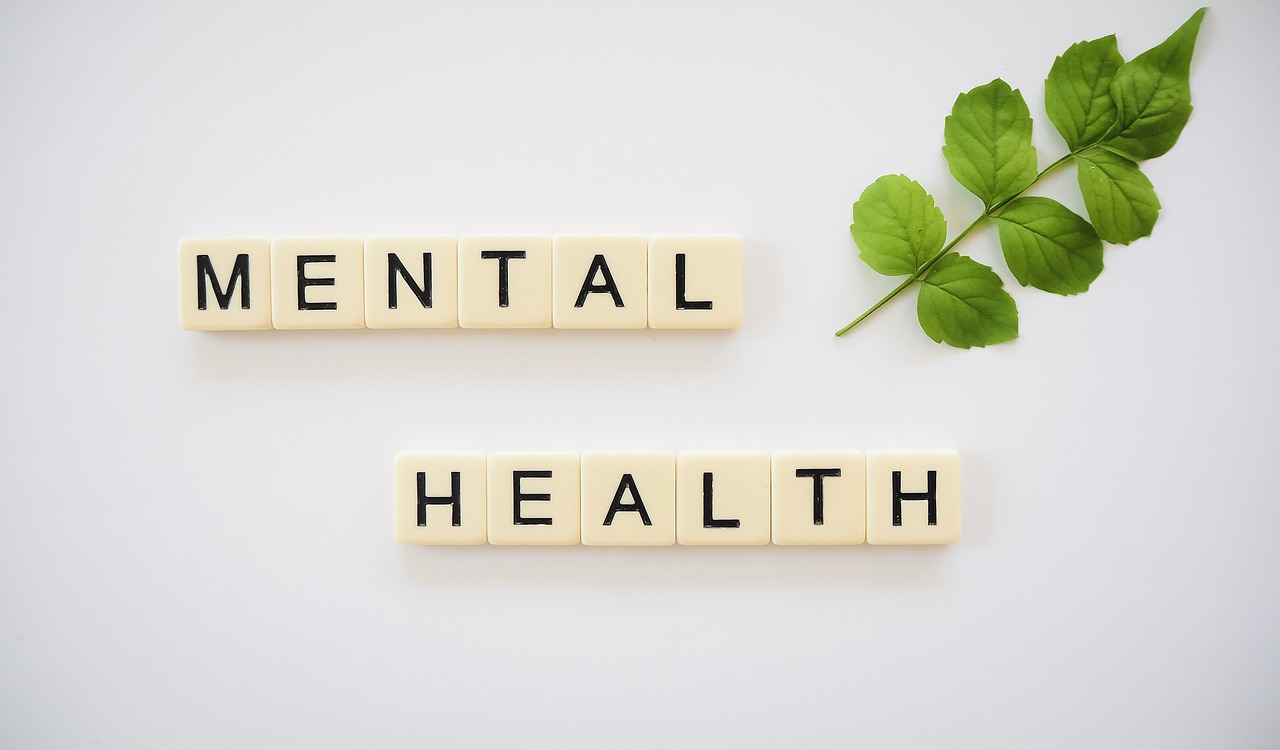
@ShahidNShah


The relationship between the food we eat and our mood has been examined more in recent years. Although therapy, medication, and other treatment tools still play an important role in managing the issues of mental health, nutrition has contributed a significant yet insignificant contribution. Food is not only nourishing, but it is also capable of impacting the brain chemistry, mood and overall emotional stability. The information about this relation would be helpful to assist those people who cannot solve their issues being in the presence of a therapist or in a therapeutic situation.
The brain needs a constant dose of nutrients and it functions in the best possible manner. Vitamins, minerals, amino acids and healthy fats have a place to play in helping sustain cognitive performance and emotional needs balance. Using the omega-3 fatty acids as an example, their direct association to the extinction of inflammation and the capability of the brain cells to communicate is a fact. Equally, B vitamins, zinc and magnesium are also helpful in normalizing stress responsiveness and energy. Lack of these nutrients may cause fatigue, irritation or loss of concentration, making the person hard to engage effectively in the therapy process and in life in general.
This state of an unhealthy diet made up of processed foods, refined sugars and unhealthy fats can imbalance brain chemistry and predisposes an individual to mood swings and anxiety or depression. The other extreme is whole foods, including vegetables, low-protein foods, legumes, and whole grains, which prefer more normalizing blood sugar levels and precursors of neurotransmitters, like serotonin and dopamine. These are the chemicals that regulate temperament and protect the emotions and this is that which relates nutrition with mental development directly.
The connection between the gut and the brain, often referred to as the gut-brain axis has continued to be of awareness within studies. The gut contains trillions of bacteria, which do not only influence the digestive system, but can also influence mental health. A balanced and healthy gut microbiome has been associated with less stress and a more positive mood. Conversely, an unbalanced gut microbiome can also be the source of inflammation and neurotransmitter imbalance with adverse effects on mental health.
Gut health, and, therefore, mental health, can be taken care of by eating high-fiber, probiotic and prebiotic foods. Yogurt, kefir, and sauerkraut are some of the examples of fermented foods that may be used to maintain the gut health. Their inclusion in a diet can be a complement to therapy as it stabilizes the mood and reduces the anxiety or depression symptoms. This new field of research is continuing to impose the notion that what we consume affects our physical and emotional states.
Nutrition is not a substitute for professional treatment; however, it can be a good supplement to it. Therapy Toronto practices do tend to emphasize the holistic approach, which advances clients to review the connection among their lifestyle decisions, such as diet, and mental well-being. This view gives clients the opportunity to understand how food preferences can either facilitate or undermine the efforts that they make during the therapy session.
It can be especially useful to collaborate with a therapist that considers the role of nutrition. Clients can be empowered so that they are able to make little but achievable changes in their diets to improve their mental clarity and emotional stability. To illustrate, they could have balanced meals prior to the therapy sessions, which can probably help them to immerse themselves and memorize the knowledge better. In the long run, this combination will help speed the process up by synchronizing mental, emotional, and physical health.
The relationship between nutrition and mental health promotes the necessity to have sustainable, balanced eating habits. Short-term solutions or drastic measures to diet are hardly effective in long-term health and can even cause new stress. Rather, progress can be gradual like increasing whole food consumption, limiting processed food intakes and staying hydrated can have long term increases in benefits.
Once these habits form, people tend to experience more energy, sleep better and become more emotionally resilient. The changes can also be used to aid the therapy objectives in that they will help to deal with stressors more easily, emotions can be more easily managed and coping skills can be developed. When considering nutrition as a component of the larger system of mental health care, individuals may establish a solid base of sustainable change in therapy and life.

Selecting the ideal location to buy practice suture kits can be daunting. There are so many types available that finding a proper one is crucial, as you must find one that offers the best quality. …
Posted Oct 5, 2025 Fundamental Technologies Health Technology
Connecting innovation decision makers to authoritative information, institutions, people and insights.
Medigy accurately delivers healthcare and technology information, news and insight from around the world.
Medigy surfaces the world's best crowdsourced health tech offerings with social interactions and peer reviews.
© 2026 Netspective Foundation, Inc. All Rights Reserved.
Built on Mar 5, 2026 at 5:33am